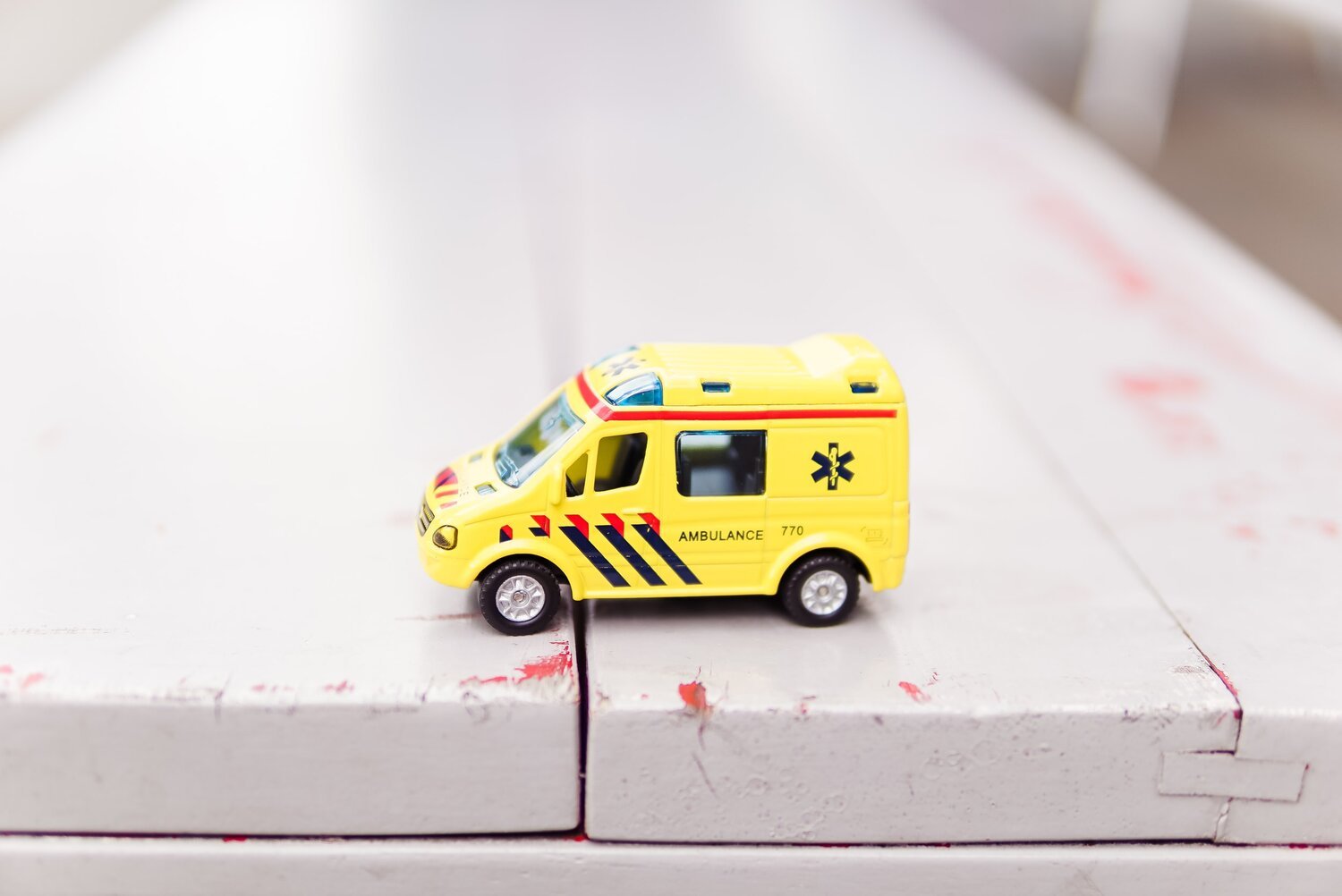I completed my pgy1 residency at a bigger academic center 10 years ago. Residency was tough but rewarding because it opened up career opportunities after. I was scared of my preceprors and worked my butt off which included 12+hr ICU rotations and Internal Medicine days and staffing every other weekend. The expectation was that residents would be able to manage pk dosing and heparin dosing and order entry on weekends. Staffing also included holidays.
3 years ago, i moved closer to family and accepted a job in an Inpatient Pharmacy department. I'm not really involved in that residency program (and have no ambition to) but get to observe residents' interaction with preceptors over the past years. Over these years, the quality of residents has been quite shocking. I have consistently observed some behaviors such as residents refusing to pick up the phone or helping our technicians after they complained to their rpd they want to do "real pharmacist activities", confidently giving wrong answers to doctors without double checking the answer, calling off frequently without making up the hours, complaining to techs and other pharmacy staff about their staffing requirements, participating in pharmacy "gossip", not looking up very basic information before asking their respective preceptor. They leave work unfinished and pass it on at the end of their 8 hr shift right on the dot. More than half of this yr's class didn't pass the board exam. They also started their research project very late and are asking to use staffing days for data collection. Last week, I asked a resident to follow up on a vanco and was shocked, she had no idea how to dose vanco even though we have an established protocol. I've noticed that the assigned preceptors gave up and stopped caring after "they've been burnt by bad residents year after year after year" despite expressing their concerns to the RPD.
My question is if this is just a specific facility type of pgy1 drop in quality or have other pharmacists noticed a change in pgy1 attitude and quality too over recent years?
3 years ago, i moved closer to family and accepted a job in an Inpatient Pharmacy department. I'm not really involved in that residency program (and have no ambition to) but get to observe residents' interaction with preceptors over the past years. Over these years, the quality of residents has been quite shocking. I have consistently observed some behaviors such as residents refusing to pick up the phone or helping our technicians after they complained to their rpd they want to do "real pharmacist activities", confidently giving wrong answers to doctors without double checking the answer, calling off frequently without making up the hours, complaining to techs and other pharmacy staff about their staffing requirements, participating in pharmacy "gossip", not looking up very basic information before asking their respective preceptor. They leave work unfinished and pass it on at the end of their 8 hr shift right on the dot. More than half of this yr's class didn't pass the board exam. They also started their research project very late and are asking to use staffing days for data collection. Last week, I asked a resident to follow up on a vanco and was shocked, she had no idea how to dose vanco even though we have an established protocol. I've noticed that the assigned preceptors gave up and stopped caring after "they've been burnt by bad residents year after year after year" despite expressing their concerns to the RPD.
My question is if this is just a specific facility type of pgy1 drop in quality or have other pharmacists noticed a change in pgy1 attitude and quality too over recent years?
